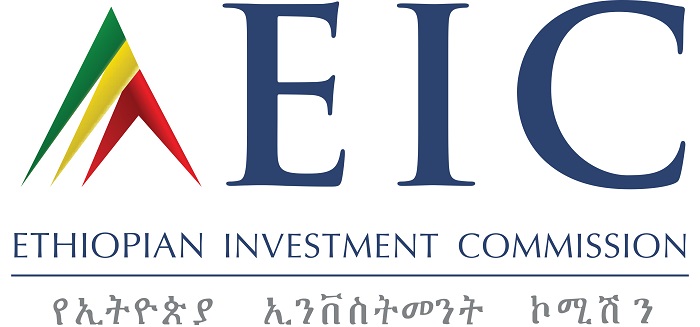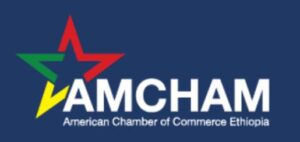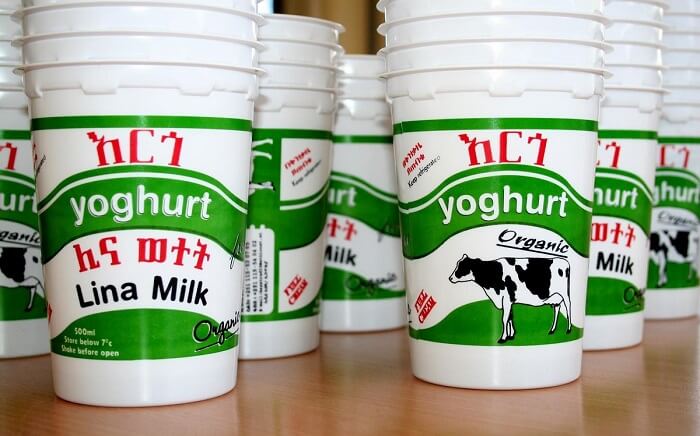Why Ethiopia
Dynamic Policy
WHY ETHIOPIA
Land of amazing opportunities
Ethiopia’s economy has achieved robust, broad-based growth.
WHY ETHIOPIA
Dynamic Policy
One of the pillars of our remarkable economic growth is the stable and conducive macroeconomic environment. As a result, we are one of the top five host economies of foreign direct investment in Africa, attracting $4.1 billion investments in 2021.
In 2020, we introduced a historic investment climate reform in the form of a new investment proclamation. The former restrictive investment-entry legislation has been removed and all economic sectors (except for a few that are fully/partially reserved for domestic investors) are open for foreign investment. We have also introduced several reforms designed to make investing in Ethiopia easier—including introducing multi-year investment visas, improving investment protections, expanding our One-Stop-Service, improving investment protections, fast-tracking investor grievance handling, and so much more.
Our investment reforms have been recognized as global best practices, and in 2021 Ethiopia received the top “Gold” Award in the World Association of Investment Promotion Agencies/World Bank ‘Strengthening IPA Advocacy Services’ global competition.
Resilient Economy
With a GDP growth rate of 6.3% in FY2020/21, we are the fastest growing economy in Africa. For the past 15 years, our economy has been among the fastest-growing in the world, with an average annual growth rate of 10%. Our growth is exhibited in various sectors of the country including agriculture, manufacturing, mining, tourism, and other services.
We have an ambitious plan to become a middle-income country by 2025, and the government (led by Prime Minister Abiy Ahmed) has been implementing its Homegrown Economic Reform Agenda since 2019, backed by a $3bn three-year funding plan approved by the International Monetary Fund.
Enabling Infrastructure
Driven by our desire to create a superb enabling infrastructure for investments, we have invested 10% of our GDP in infrastructure development over the past decade―the highest percentage in Africa.
- We have built the largest hydroelectric generation dam in Africa, the Great Ethiopian Renaissance Dam (GERD), with the capacity to generate 6,450 MW of electricity—significantly improving the supply of power to local industries and providing energy-exporting opportunities. We are now offering electricity at one of the lowest utility rates in the world: $0.3-0.4/kWh (compared to China’s $0.9/kWh).
- To serve the growing demand for transportation and facilitate import-export trade, we have built a 780-kilometer Addis Ababa–Djibouti railway with the capacity to transport 24.9 million tons of freight annually. Since launch, the Addis-Djibouti Railway has significantly reduced transport time for freight, cutting shipping times from three days to just 10 hours.
- We have built roads covering over 145,000 kilometers and are currently constructing a further 50,000 kilometers of roads.
- With the goal of economic agglomeration, we have built 13 industrial parks equipped with the required infrastructure and services and are catering to 189 companies. Our parks offer a ‘plug and play’ opportunity, allowing investors to set up and start operations in record time.
Connected Market
With a population of 120 million and a rapidly growing middle class, Ethiopia is the second largest consumer market in Africa. In addition, we are strategically located to serve the African continent as we are part of the Common Market for Eastern and Southern Africa (COMESA), which comprises 21 member-countries and over 583 million consumers. Further, our central location on the global map, with proximity to the Middle East, Europe, USA and Asia markets, makes us an ideal location for trading in the global economy.
We are connected to the main regional and global markets by our flag carrier, Ethiopian Airlines, the continent´s largest in terms of passengers carried and the world´s fourth largest in terms of nations served. Ethiopian currently serves 127 international passenger destinations and 44 freighter destinations. With 12 million passengers handled every year, Bole International Airport in the capital, Addis Ababa, is one of the busiest and fastest-growing airports in Africa. Over 3.5 billion of the world’s population live within 8 hours of flight from Addis Ababa.
Resource-rich Nations
Our virtually untapped, diverse and vast mineral resources offer huge potential opportunities for exploration and development. These include tantalum, potash, gemstones, gold, iron ore; various industrial, energy and construction minerals; and many more.
According to the Extractive Industries Transparency Initiative (EITI), Ethiopia boasts around 200 tonnes of gold, and with a further 360 million tons of coal and 69 million tons of iron. As such, there is every reason to be optimistic about the country’s mineral future.
The number of investors in the mining sector has significantly increased in the past couple of years, and there are now 24 mining companies operating in Ethiopia. The mining sector exports represent 14% of total exports and generate 54,000 jobs.
Competitive Workforce
Since the turn of the millennium, our population has doubled to 120 million. This has afforded us the second largest labor force in Africa, with more than 60 million active workers. Our workforce is young, fast-learning and productive. Every year, it grows by two million, becoming an engine of our fast-growing economy. To build our human capital, we are investing heavily in expanding access to high-quality technical and vocational education.
Our relatively low wage rates and large industrial workforce offer significant labor-cost advantages for investors. Our investor-friendly labor regime features one of the lowest labor-tax contributions of the region (12.4% of profits in 2019).
Attractive Incentives
The Government of Ethiopia offers attractive fiscal and non-fiscal incentives to investors.
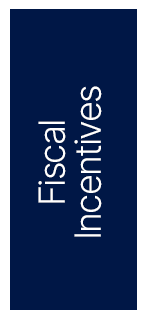
- Up to 15 years income-tax holiday for industrial parks developers
- Up to 10 years income-tax holiday for enterprises setting up their production inside industrial parks
- Exemption from duties and other taxes on imports of machinery, equipment, construction material, spare parts, raw materials, and vehicles
- The provision to carry loss forward
- Duty-free privilege for exporters
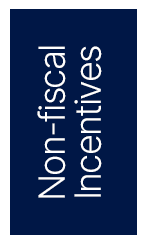
- Customs facilitation through bonded-export-factory and similar schemes
- Guarantee against expropriation
- Guarantee for repatriation of funds
- Relaxed industrial parks land regime―60-80 years charge-free lease for IP developers
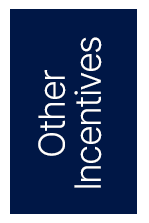
- Expedited visa procedure for securing entry, work permits and certificate of residency
- Multiple entry visa for shareholders and general managers
- Facilitation of market linkages
- One-stop-shop service at EIC including licensing, registration, and aftercare
By virtue of being in Ethiopia, investors can benefit from attractive bilateral trade agreements including duty- and quota-free access to the European Union market through Everything But Arms (EBA); duty- and quota-free access to China, Japan, Canada, Turkey, Australia, and New Zealand – covering substantially all export goods from Ethiopia; and preferential market access to India.
Testimonials

